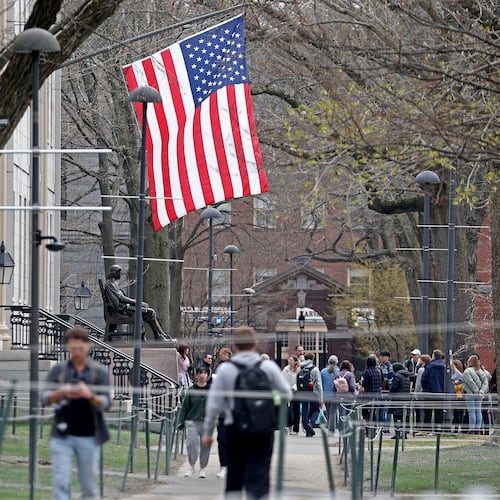Recently, I received an email from a member of our community regarding the video involving the death of George Floyd at the hands of police in Minneapolis. The citizen was very disturbed by the involved officers’ actions and inactions, asking me if the LaGrange Police Department had specific training to avoid this type of incident. He wanted to understand and be assured that LPD officers are better trained and care more than what this video represents of the Minneapolis Police Department and “other places that officer conduct is called into question.” I responded to his email, but because of the number of comments and concerns I have received from people in our city, I feel it necessary to publicly address this reprehensible law enforcement use of force.
In my opinion, the death of George Floyd is not a police training issue, but is a result of a troubled culture. I can absolutely and categorically assure our citizens that the culture of the LPD is one of community partnerships, collaboration, and respect for human life. That can only occur if our incidents of use of force are rare and consistent with best practice, department policy, and training. Because I have been asked about our policy and training as it relates to use of force I will respond with a brief review.
What is critically important in any police use of force incident is accountability. At the LPD, in any police encounter with an application of force there are five levels of review. These independent reviews include the shift supervisor, division commander, professional standards, training, and, finally, me. A part of this process is the viewing of body camera recordings of all officers involved in a use of force incident (LPD has had body cams for a decade, and was one of the first in the nation to require all officers to wear them and record every citizen encounter). In addition, all officers are trained annually and must take a written test on our agency use of force policy. Plus, throughout the year during shift roll calls, use of force policy reviews and topical training occur. We train our officers on cohort intervention as a part of our use of force curriculum and each officer also receives 40-hours of Crisis Intervention Team training. If an officer becomes involved in an inappropriate use of force our officers are required to intervene and stop the improper application of force and immediately report it. All of that influences culture.
However, the death of Mr. Floyd is not related to training. The bystanders that called out for the police to stop were not trained in police use of force but recognized what the police ignored, a fellow human being in pain, unsympathetically and unnecessarily being fatally injured. The action of the officer kneeling on Mr. Floyd’s neck; the failure to intervene by the three other officers present at the scene; and the press release of the incident which grossly mischaracterized the nature of George Floyd’s death, reflect a lack of core values that should be a concern to any police leader. Particularly in light of the fatal police shooting of Justine Ruszczyk, an unarmed woman who had called 911 seeking help. She was shot by a Minneapolis police officer several years ago where there was no video or audio of the shooting and the officer that fired the fatal shots refused to answer investigators’ questions. He was convicted of murder in 2019. Incidents like these should be red flags to any agency that their policies and training are not mirrored in some of their critical incidents. I believe most officers with the Minneapolis Police Department are caring professionals, but clearly there are some who are not.
The key to our culture at the LaGrange Police Department is our understanding that we must hire individuals who have a commitment to service and who care about people. I cannot train officers to care, but that commitment is personal and is crucial in our recruitment and selection process, particularly during the background investigation stage. This is why only 18% of the applicants that apply to be LaGrange police officers successfully complete the selection and training process. It is also why we have citizens serve on our hiring board, so they can evaluate applicants and help us ensure the officers we hire will provide the level of service our community deserves.
Like anyone viewing the George Floyd video, I was sickened by what I saw. It was outrageous and in my opinion criminal. I also know it’s not reflective of the police officers I know and work with on a daily basis nor is it reflective of the agencies that are led by my colleagues. I do appreciate the fact that our citizens are engaged and question police leadership to ensure that what happened in Minneapolis could not happen here. To that point, I would invite any of our citizens to attend our citizen’s police academy which provides an opportunity for an in-depth review of not only our use of force training but of the various components of our police department. An educated and informed citizenry that questions police action contributes to police accountability.
Louis M. Dekmar, chief of police, LaGrange Police Department.
About the Author
Keep Reading
The Latest
Featured



